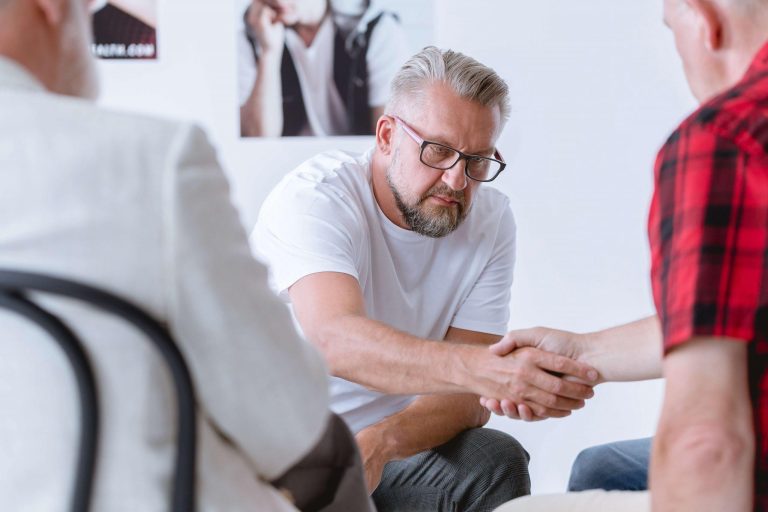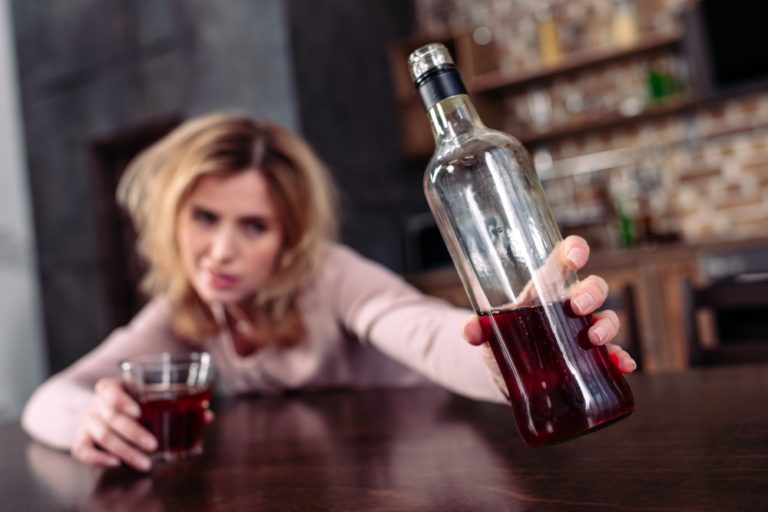Hangxiety can last anywhere from a few hours to a full day, depending on how much you drank, your health, and how your body reacts to alcohol. For most people, why do i wake up with bruises after drinking it goes away within 24 hours after the drinking stops. Many alcoholic beverages, especially cocktails, contain sugars that can cause a rapid spike in blood glucose.
What Are the Risk Factors for Random Bruising?
This particular study also doesn’t dive into how or why the brain takes more time to recover after drinking, it just suggests that it does. It likely is because alcohol strips the brain (and body) of essential nutrients and hydration, which are necessary for maximum performance. Alcohol also affects brain function and the central nervous system, which helps control coordination and memory. What this all implies is that you may want to think twice before engaging in certain activities, like driving, when you’re hungover, according to the study’s authors.

What happens soon after a nightcap?
When drinking becomes compulsive, as is the case with alcohol use disorder, a person may place themselves in danger when consuming alcohol, because drinking becomes more important than safety. Examples of drinking in dangerous situations include driving while under the influence or drinking before operating what is alcoholism some form of heavy machinery. While waking up with a few minor bruises after drinking may not be cause for concern, repeated or excessive bruising should be evaluated for an underlying disorder.
- In a small study, the non-regular drinkers noticed their heart rates increased by 15 percent after binge drinking alcohol in three hours.
- That said, darker alcohols contain contaminants, or congeners, which are produced during the alcohol fermentation process that can contribute to the sucky aftereffects of drinking alcohol.
People on Blood-Thinning Medications

Dopamine release is required for our muscles to move, and disruptions in the process can affect our motor functions, causing the jerky movements characteristic of diseases such as Parkinson’s. Alcohol has a depressant effect on the nervous system, which can affect the neurotransmitters that regulate muscle movements and nerve signals. This disruption can aggravate RLS symptoms by increasing sensory disturbances in the legs. Those hoping for a clear answer might be disappointed — nobody knows exactly what’s behind RLS. It’s a biological glitch turned on by what feels like a flip of an invisible switch.
